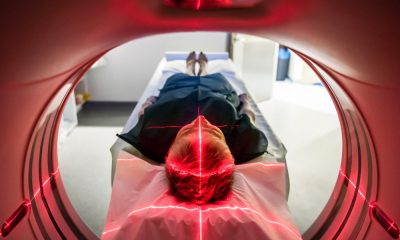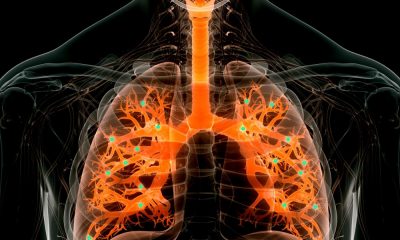Young adults or people in the 18-25 age group are at risk of suffering two serious health issues: depression and heart disease.
A new study found a “two-way street” relationship between depression and an increased risk of cardiovascular disease (CVD) in younger adults.
According to the Johns Hopkins Medicine study published in the Journal of the American Heart Association last week, young adults who feel down and depressed are likely to have poor heart health and develop cardiovascular disease.
For the study, the research team used data from 593,616 adults aged 18 to 49, gathered from 2017 to 2020 via the Behavioral Risk Factor Surveillance System, a national survey of noninstitutionalized U.S. adults.
The team analyzed self-reported depression, poor mental health, CVD and suboptimal heart health risk factors, including hypertension, obesity, diabetes and more. They also investigated the association of the conditions with each other.
The scientists found that young adults who were depressed and had poor mental health had a higher risk of suffering heart attacks and strokes. They also had higher chances of having risk factors for heart disease compared to their peers who were not depressed.
The study adds to the growing body of knowledge linking CVD with depression among young adults and middle-aged adults. This suggests that the conditions may begin to develop in early adulthood, according to Neuroscience News.
“When you’re stressed, anxious or depressed, you may feel overwhelmed, and your heart rate and blood pressure rise. It’s also common that feeling down could lead to making poor lifestyle choices like smoking, drinking alcohol, sleeping less and not being physically active—all adverse conditions that negatively impact your heart,” senior study author Garima Sharma, M.B.B.S., an associate professor of medicine at Johns Hopkins Medicine, explained, as quoted by the outlet.
“The relationship between depression and heart disease is a two-way street. Depression increases your risk of heart issues, and those with heart disease experience depression,” lead author Yaa Adoma Kwapong, M.D., M.P.H., a postdoctoral research fellow at Johns Hopkins Ciccarone Center for the Prevention of Cardiovascular Disease, added.
In the U.S., approximately 17.3 million American adults are affected by major depressive disorder each year. The disorder is said to be more prevalent in women than men, according to the Depression and Bipolar Support Alliance.
Meanwhile, heart disease is the leading cause of death for both men and women in the U.S. At least one person dies from CVD every 34 seconds in the country. In 2020, the U.S. recorded 697,000 deaths from heart disease, based on data presented by the Centers for Disease Control and Prevention.
















